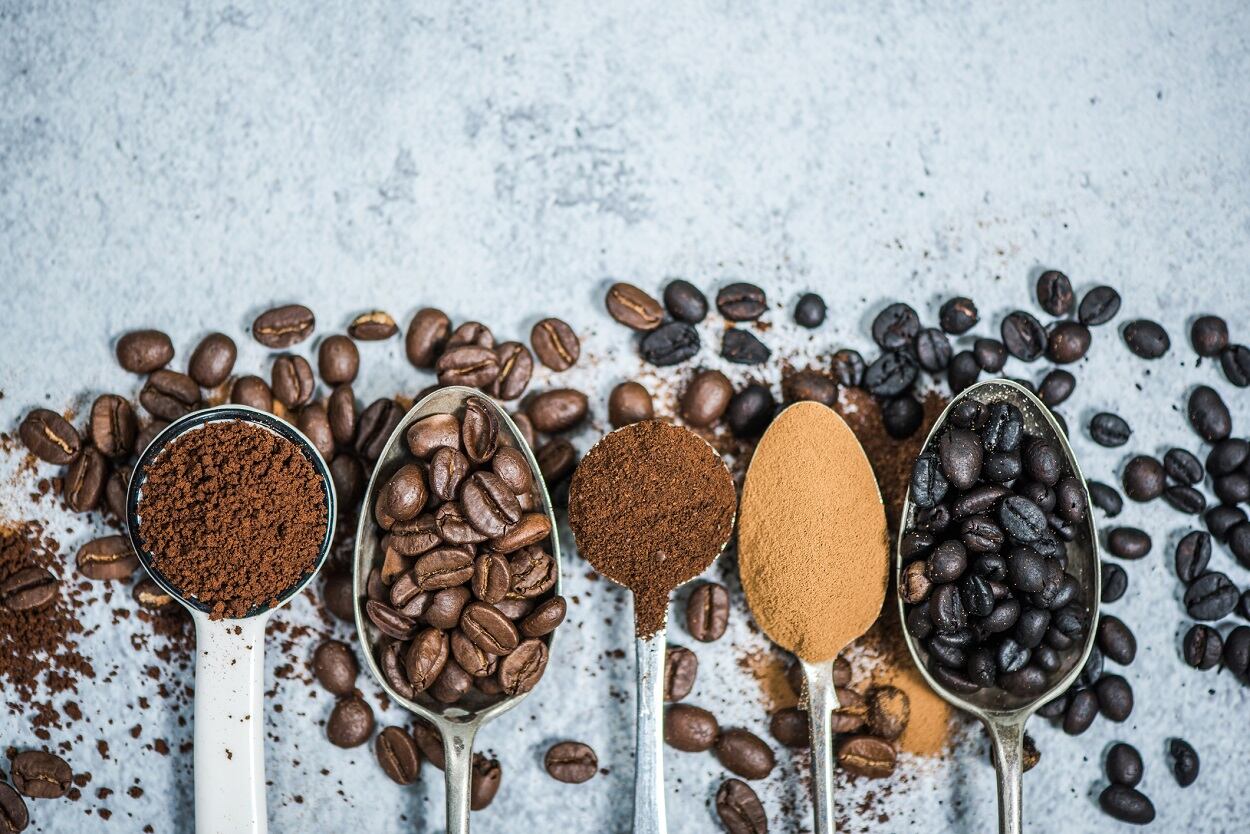“Since the very beginning, coffee has been at the top of Amazon’s food chain,” Jacob Porter, director of global marketing of Edge by Ascential said in a report.
“Not only does it sell much more than any other single product type in the grocery group, but it continues to grow by 40%-plus annually.”
Online grocery sales are expected to reach $100bn by 2025 with Amazon maintaining that the lead in market share and coffee will continue to be a significant part of that growth, Edge by Ascential added.
A new player on the online coffee block?
Starbucks, Keurig Dr. Pepper (Green Mountain Coffee brand), and Nestlé are the top three sellers of coffee on Amazon with year-to-date sales totaling over $16.8m, $12.6m, and $11.2m, respectively, Edge by Ascential reported.
J.M. Smucker has also been focusing on increasing its presence in direct-to-consumer coffee brands with its new premium offering, 1850, under the Folgers brand.
Amazon has also joined the game, launching private label Solimo coffee pods, which quickly rose up in the ranks with comparable sales ($60,000 in weekly sales) to more established brands such as Peet’s and Eight O’Clock, according to Edge by Ascential.
Youngevity International is a new company looking to establish itself as a leader in online coffee sales, recently announcing that its CLR Roasters brand would begin selling Café La Rica espresso and Josie's Java House single-serve coffee on Amazon's Vendor Central where Amazon would handle the logistics of sales, order fulfillment, and customer support.
CLR Roasters would handle all aspects of production as it already owns and operates a full-sized coffee roaster that produces its boutique coffee brands. In 2014, CLR acquired a coffee plantation and processing facility in Nicaragua, allowing the entity to control coffee production and quality - from field to cup.
Youngevity added that it’s slated to sell and process more than 41 million pounds of coffee per year, which would equal approximately $250m in revenue between 2019 through 2023.
Fourth wave takes hold online
While major CPG players may be flexing their muscle with a majority share of coffee sales, the online environment is proving to be a successful environment for the small guys too, as consumers' interests skew gourmet and small-batch.
Consumers are increasingly turning to Amazon as a place of discovery for new coffee brands that prioritize roasting technique, sourcing methods, and information about tasting notes.
According to e-commerce strategy firm OneSpace’s proprietary search data, Amazon is consumers’ primary destination for coffee-related searches, accounting for over 60% of the search volume across 12 top retailers.
New York-based Death Wish Coffee (which ranks #3 on Amazon’s bestseller coffee list), for instance, had half of its sales come from Amazon in 2017 representing 90% of its e-commerce sales.
Coming in as the #4 best seller on Amazon is Bean Box’s gourmet sampler, which includes a variety of products from local roasters.
“With this explosion of occasions and channels and spending, we’re going to see new business models, more players coming online. We’re going to see successful coffee shops make the leap from local brand to globally known brand faster than ever before,” Euromonitor global lead, food & beverage, Michael Schaefer, said.
If the first wave of coffee was packaged coffee in every home in canned and instant formats, the new emerging fourth wave is the idea of premium coffee everywhere leading to significant jumps in consumer spending across channels including online, according to Schaefer.
“It all begins with the coffee shop,” Schaefer said.
According to Schaefer, coffee shops are leading the major trends in coffee and are where the most important new products are being born. Coffee shops are leveraging this influence by establishing brand loyalty through online subscription services and upselling consumers on more premium coffee brands through online retailers including Amazon.
“Successful coffee players will combine discovery, experience, long-term purchasing and rapid product innovation, all across a wide range of distribution points,” Schaefer said.

